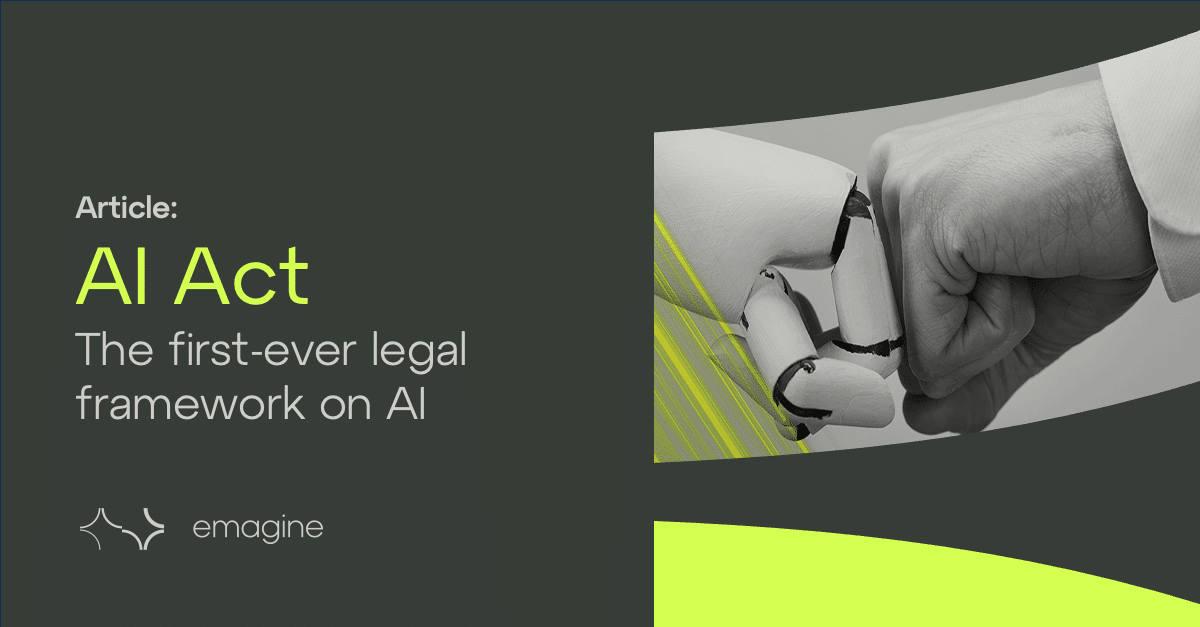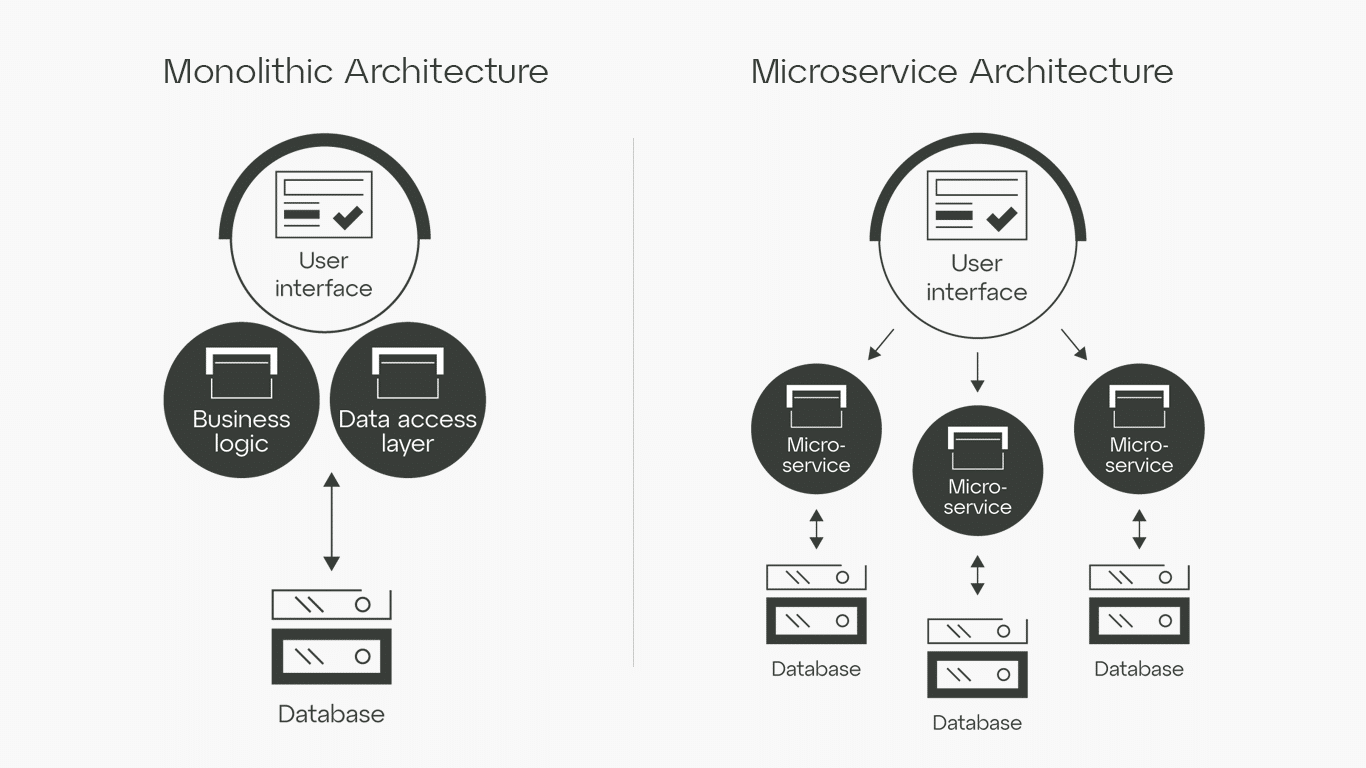Ask us how we can help you succeed.
As the financial services landscape continues to evolve each day, knowledge is key. emagine partners with hundreds of financial institutions, including global banks, asset managers and fintech firms across 10 European countries and can easily spot changes.
“What we are seeing is a trend of consolidation in the sector. Coupled with ever-growing compliance requirements, the consolidation represents the most substantial challenge now and over the next 3-5 years,” says Klaus Jul Cassøe, Business Unit Director, Financial Sector at emagine Denmark.
This competitive industry insight and experience means our experts deeply understand the unique pressures facing financial organisations, whether driven by complex regulatory challenges, operational risk, digital innovation, or cost-efficiency.
This bank of sector knowledge enables us to rapidly deploy the right talent and solutions to deliver measurable impact, at the same pace as the industry moves.
This time, we take a sector-wide temperature check.
Banks get ready for ISO 20022
November 2025 marks a key milestone in the global transition to ISO 20022, the new standard set to modernise cross-border payments by enabling better quality and more structured data.

























































